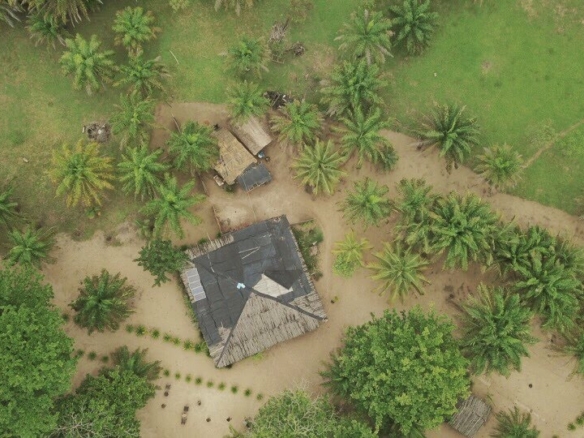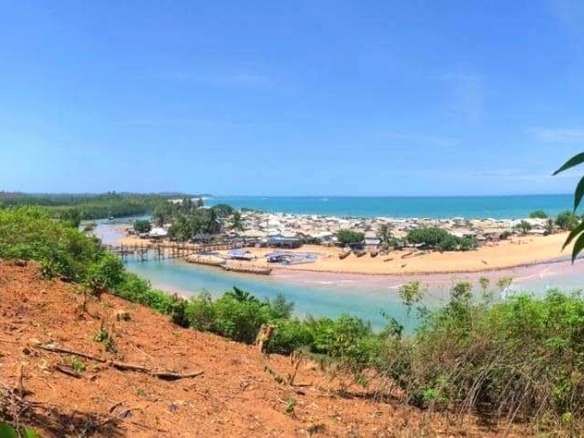Land disputes plague Ghana’s property market, accounting for 52% of all court cases nationwide. This staggering statistic reveals the urgent need for property buyers to understand conflict prevention strategies. As both economic assets and heritage treasures, land transactions require careful navigation through Ghana’s complex legal landscape to avoid devastating financial and emotional consequences.
What are the primary causes of land disputes in Ghana?
Multiple sales dominate Ghana’s land conflicts, where different family members sell identical plots to separate buyers. Inheritance disagreements fuel additional disputes as relatives contest selling authority over ancestral properties. Poor boundary demarcation and fraudulent documentation create further complications.
Ghana’s dual ownership system intensifies these problems. Customary land ownership governs 80% of properties, while statutory systems control the remaining 20%. This parallel structure breeds confusion when customary chiefs and statutory authorities issue conflicting ownership claims for identical parcels.
The notorious Supreme Court case Dora Boateng v Mackeown Investments exposed shocking irregularities: one 50-acre plot had 13 different registered sellers between 1984-2014. Such systematic failures demonstrate why thorough verification becomes essential for every transaction.
How severe are the financial consequences of unresolved property conflicts?
Unresolved property conflicts impose crushing financial burdens on disputants. Ghana Bar Association lawyers charge 10-20% of land values for litigation services. Court fees, surveyor costs, and administrative charges compound these expenses significantly.
Beyond direct legal costs, property disputes destroy family relationships and business partnerships. Recent conflicts in northern Ghana displaced 50,000 people, whilst the Appolonia land crisis affected 50 developers who lost substantial investments. These cases illustrate how disputes escalate beyond individual grievances into community-wide tragedies.
Lengthy court proceedings add temporal costs. Some land cases span three decades before reaching final judgment. During this period, properties remain unusable, denying owners rental income and appreciation benefits.
What documentation prevents land ownership conflicts?
Proper documentation forms your first defence against property disputes. Original land title certificates from legitimate sellers provide foundational proof of ownership. Certified site plans from licensed surveyors establish accurate boundaries and prevent encroachment issues.
Lands Commission searches reveal critical information about existing ownership, encumbrances, and pending legal actions. These searches identify multiple claims early, preventing costly surprises during transactions. The Commission’s 2023 revenue of GH¢206.8 million partly reflects enhanced verification services.
Physical site inspection remains equally important. Interview neighbouring property owners about boundary disputes and verify ground beacons match documented specifications. Professional surveyors must validate measurements against official records before purchase completion.
How does Ghana’s legal framework protect property buyers?
Ghana’s Land Act 2020 introduces stringent penalties for fraudulent transactions. Offenders face fines between GH¢60,000-120,000 plus 5-10 years imprisonment. Traditional authorities acting as fiduciaries face identical sanctions when breaching their duties to beneficiaries.
Alternative Dispute Resolution mechanisms now precede court proceedings, offering faster and cheaper conflict resolution. The Lands Commission recently completed intensive ADR training for staff members, improving their capacity to mediate property disagreements effectively.
Registration in designated areas like Accra and Tema provides maximum protection. However, manual paper-based systems still create vulnerabilities, making digital transformation initiatives crucial for enhanced security.
What prevention strategies guarantee secure property ownership?
Assemble qualified professional teams including Ghana Bar Association lawyers and Ghana Institution of Surveyors members. Never rush property transactions – proper due diligence requires adequate time but prevents expensive mistakes.
Structure payment schedules strategically: small deposits initially, bulk payments after successful verification, and final payments upon completed registration. Document every transaction with official receipts and avoid cash payments entirely.
Engage reputable estate agents operating under the Real Estate Agency Act 2020. Understand local market values and verify agent credentials before signing agreements.
Frequently Asked Questions
1. How long do land cases take in Ghana’s courts?
Some disputes span three decades, though ADR mechanisms now offer faster resolution options.
2. What percentage of Ghana’s land operates under customary ownership?
Approximately 80% falls under customary systems, with 20% under state control.
3. Are land guard activities legal in Ghana?
No, the Land Act 2020 criminalises land guard activities including extortion and intimidation.
4. How much does property litigation cost?
Legal fees range 10-20% of land values plus court fees and administrative charges.
5. Which regions offer comprehensive title registration?
Greater Accra and Kumasi provide the most developed registration systems.
Prevention beats litigation every time. Understanding these land disputes causes and implementing proper verification processes protects your investment dreams from becoming legal nightmares. Ghana Property Finder’s comprehensive due diligence services and verified professional network ensure your property journey remains secure and successful.






